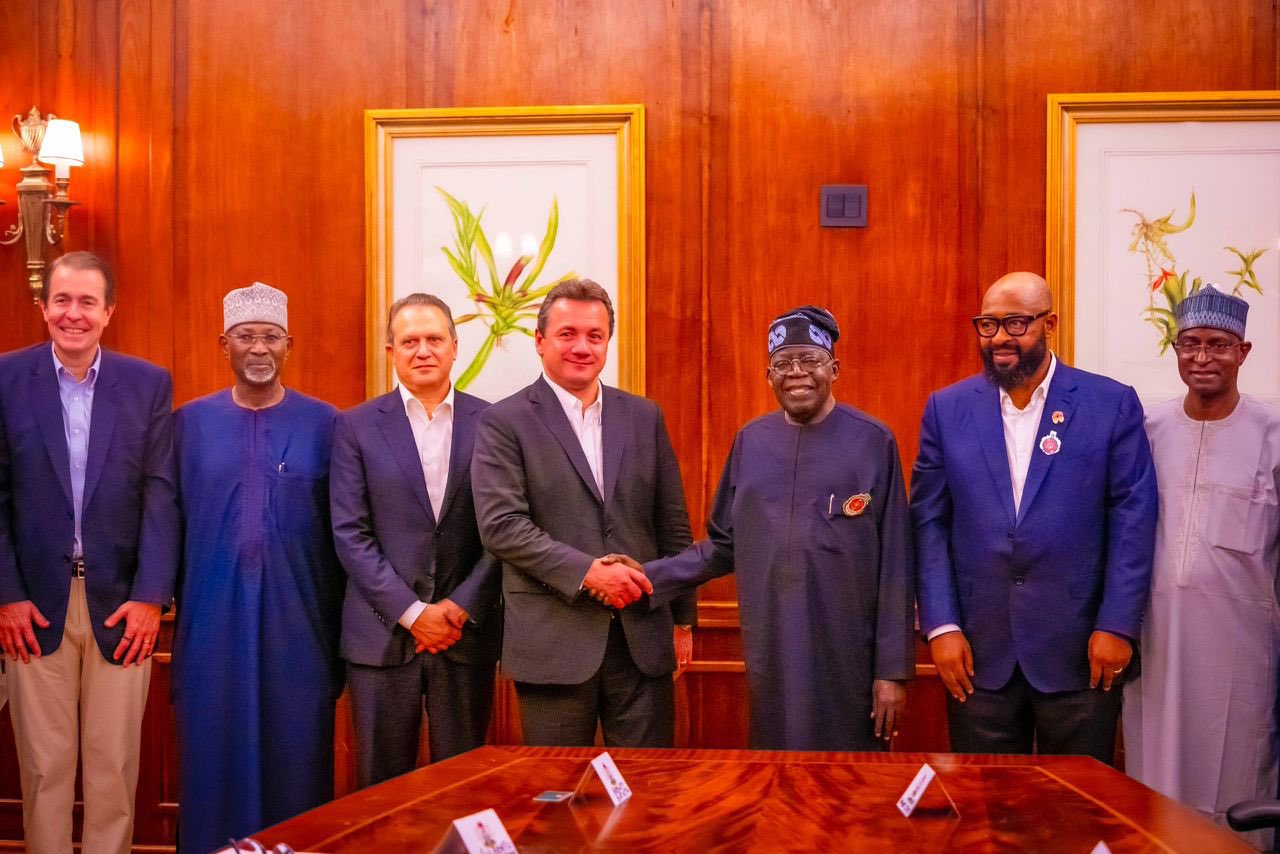Brazilian meat giant JBS invests $2.5 billion in Nigerian processing plants

Brazilian food conglomerate JBS, one of the world’s leading meat producers, has announced plans to invest $2.5 billion in Nigeria to establish six state-of-the-art meat processing and packaging plants over the next five years.
In a statement released on November 21, 2024, JBS revealed that the decision to expand into Nigeria was driven by the country’s growing economic potential and demographic significance.
Nigeria, currently home to 230 million people, is projected to reach a population of 410 million by 2050, presenting vast market opportunities for food production and supply chains.
Diverse Operations to Address Nigeria’s Food Security
The investment will see three of the plants dedicated to poultry processing, two focused on beef, and one on pork production.
JBS also emphasized its commitment to enhancing Nigeria’s food security amid rapid population growth.
“Our objective is to establish a robust partnership with Nigeria and contribute to addressing the country’s food insecurity challenges.
Developing a sustainable food production chain creates a virtuous cycle of socio-economic progress, particularly benefiting the most vulnerable groups,” stated Gilberto Tomazoni, CEO of JBS Global.
The Nigerian government has pledged to create favorable economic, regulatory, and health conditions to ensure the project’s viability.
Supporting Local and Global Needs
JBS, which commands 25% of the global market for beef and beef by-products, operates in over 20 countries, including the United States, Australia, and New Zealand.
The company manages 450 processing plants worldwide and is a significant player in the global food supply chain.
The investment aligns with Nigeria’s goals to strengthen its agricultural sector and reduce reliance on imported food, while creating job opportunities and fostering economic growth.
As the world’s population grows, JBS’s ambitious expansion in Nigeria aims to leverage the country’s potential while contributing to long-term solutions for global food security.
About The Author
dailymailafric
I am an avid African news observer, and an active member of Daily Mail Africa.
I’m Passionate about staying informed on diverse topics across the continent,
I actively contribute to publishing on political, economic and cultural developments in Africa.



